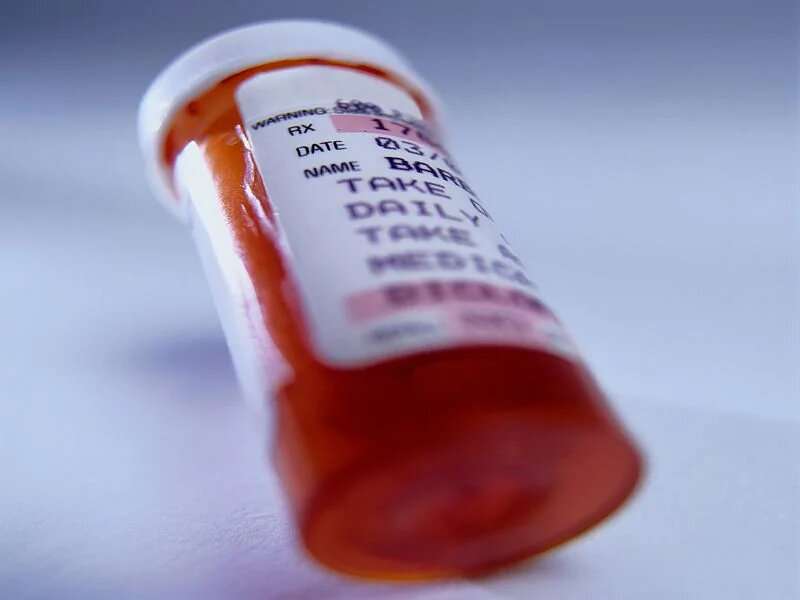(HealthDay)—Prescriptions for oral steroid bursts are associated with a 1.8- to 2.4-fold increased risk for severe adverse events within the first month after initiation of drug therapy, according to a study published online July 7 in the Annals of Internal Medicine.
Tsung-Chieh Yao, M.D., Ph.D., from the Chang Gung University College of Medicine in Taoyuan, Taiwan, and colleagues used medical claims from the National Health Insurance Research Database (2013 through 2015) to examine associations between steroid bursts and severe adverse events (e.g., gastrointestinal [GI] bleeding, sepsis, and heart failure) among 2,623,327 adults (aged 20 to 64 years).
The researchers found that the most common indications for steroid bursts were skin disorders and respiratory tract infections. Among persons receiving a single steroid burst, the incidence rates per 1,000 person-years were 27.1 for GI bleeding, 1.5 for sepsis, and 1.3 for heart failure. Within five to 30 days after steroid therapy initiation, rates significantly increased for GI bleeding (incidence rate ratio [IRR], 1.80), sepsis (IRR, 1.99), and heart failure (IRR, 2.37) but declined during the subsequent 31 to 90 days.
"Physicians who consider prescribing steroid bursts should weigh the benefits against the risks for rare but potentially serious adverse events," the authors write.
More information:
Abstract/Full Text (subscription or payment may be required)
Editorial (subscription or payment may be required)
Journal information: Annals of Internal Medicine
Copyright © 2020 HealthDay. All rights reserved.






















